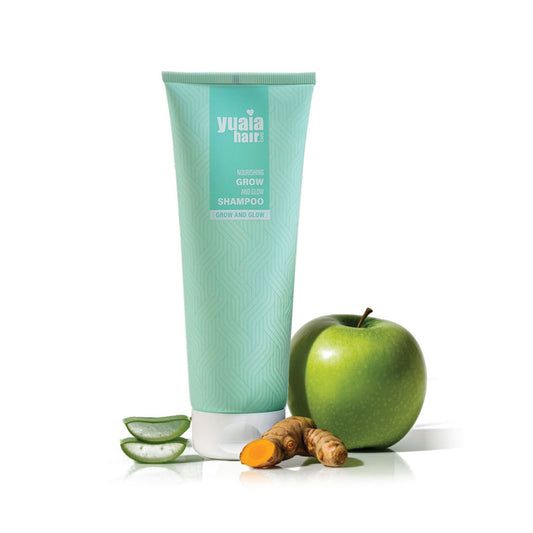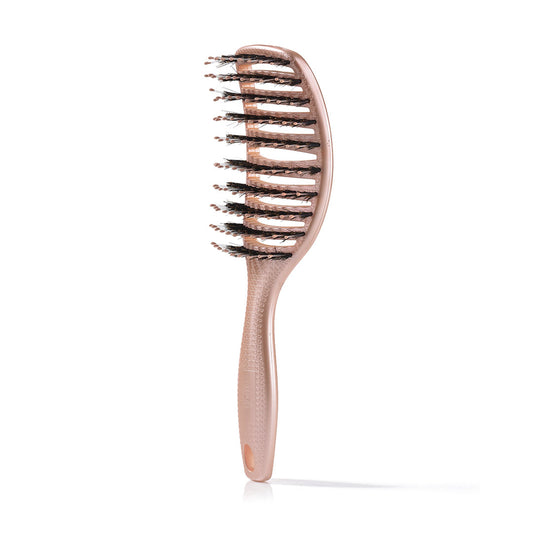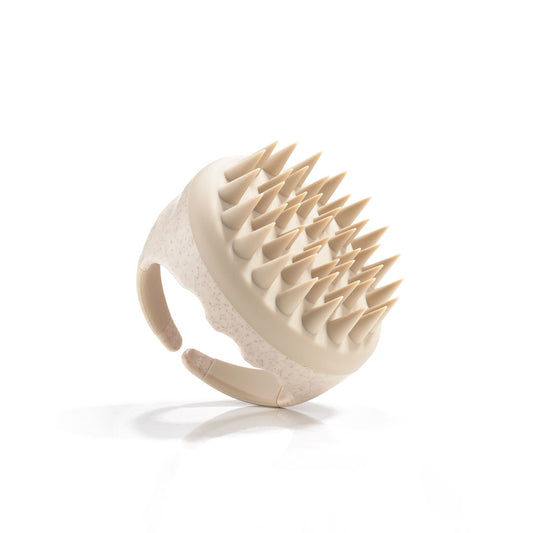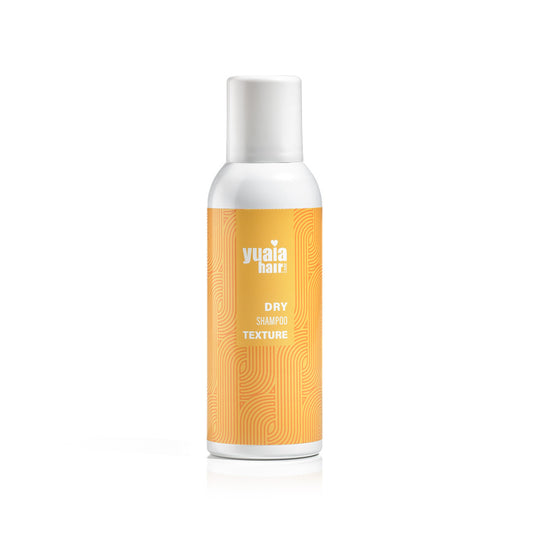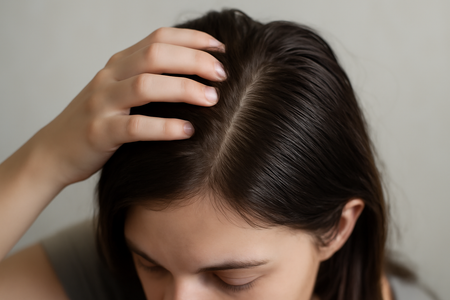
Intrinsic Causes of Excessive Scalp Oil
Understanding the intrinsic causes of scalp oiliness is important for managing this common concern. Genetics and hormones play significant roles in determining the level of oil production on your scalp. If your family members also experience oily scalps, it's likely that you have inherited this trait. Hormonal fluctuations during life stages such as puberty, menstruation, pregnancy, and menopause can also trigger increased sebum production, leading to a greasier scalp.
Skin Conditions
Certain skin conditions can exacerbate scalp oiliness, making management more challenging. Seborrheic dermatitis, a condition characterized by red, itchy, and flaky skin, can increase scalp oil production. Similarly, eczema and psoriasis can contribute to an oily scalp, often resulting in discomfort and visible flakes. Additionally, there is a notable connection between acne and excess scalp oil, particularly on the forehead, where blocked pores can lead to increased oiliness.
Extrinsic Causes and Lifestyle Factors
Overwashing and Product Use
While it might seem counterintuitive, overwashing your hair can lead to increased oil production. When you use sulfate-rich shampoos, they strip your scalp of its natural oils, prompting it to overcompensate by producing even more oil. Instead, consider using gentle, sulfate-free shampoos like our Grow and Glow shampoo, which helps maintain a healthy balance without stripping away essential oils. This approach can help reduce the cycle of overwashing and excess oil production.
Environmental and Lifestyle Influences
Environmental factors such as humidity can also impact scalp oiliness. In humid conditions, sweat evaporation slows down, causing oils to redistribute across the scalp, leading to a greasy appearance. Additionally, stress is a significant lifestyle factor that can elevate cortisol levels, prompting the sebaceous glands to produce more oil. Managing stress through relaxation techniques and a balanced lifestyle can help mitigate this effect.
By understanding these intrinsic and extrinsic causes of scalp oiliness, you can begin to identify the specific factors affecting your scalp and take steps to manage them effectively. Whether it's choosing the right hair care products or making lifestyle adjustments, addressing the root causes of oiliness is key to achieving a healthier scalp and hair.
Daily Habits and Their Impact
Personal Habits
The way we handle our hair daily can significantly influence scalp oiliness. Frequent touching of the hair, using dirty hair accessories, and excessive brushing can transfer oils and impurities to the scalp. This can lead to an accumulation of oil and a greasy appearance. Using a boar bristle brush, like our Curvy Brush, can help distribute oils evenly from the scalp to the hair ends, reducing buildup and promoting a healthier look.
Product Buildup
Heavy conditioners and styling products can trap oil on the scalp, exacerbating the greasy feeling. Opting for lightweight products can help minimize this issue. Additionally, incorporating regular deep-cleaning routines can effectively remove product buildup. This ensures your scalp remains balanced and less prone to excessive oiliness.
Finding Balance: Managing Oily Scalp
Achieving a balanced scalp involves understanding the unique triggers affecting your oil production. Adjusting washing frequency and using stress-reducing practices can be beneficial. Products with balancing ingredients like niacinamide and zinc can also help regulate oil levels, providing a more manageable scalp environment.
Crafting a Personalized Haircare Routine
To effectively manage an oily scalp, it's important to identify your main triggers and tailor your haircare routine accordingly. Patience and consistency are key, as it may take time to see improvements. By making informed changes, you can achieve a healthier scalp and hair.
Frequently Asked Questions
Why does my scalp get oily so quickly after washing?
Overwashing can lead to increased oil production as the scalp tries to restore its natural balance. Reducing the frequency of washes and using gentle products can help manage this issue.
Can stress really affect my scalp's oil production?
Yes, stress can elevate cortisol levels, which in turn prompts the sebaceous glands to produce more oil. Managing stress through relaxation techniques can help mitigate this effect.
How can I reduce oiliness without overwashing?
Using dry shampoo can absorb excess oil and extend the time between washes, helping to manage oiliness without overwashing.
What role do genetics play in oily scalp?
Genetics can predispose individuals to higher sebum production, making an oily scalp a natural characteristic for some people.
 2-5 day delivery
2-5 day delivery
 25.000+ satisfied customers
25.000+ satisfied customers
 Satisfaction Guarantee
Satisfaction Guarantee



















